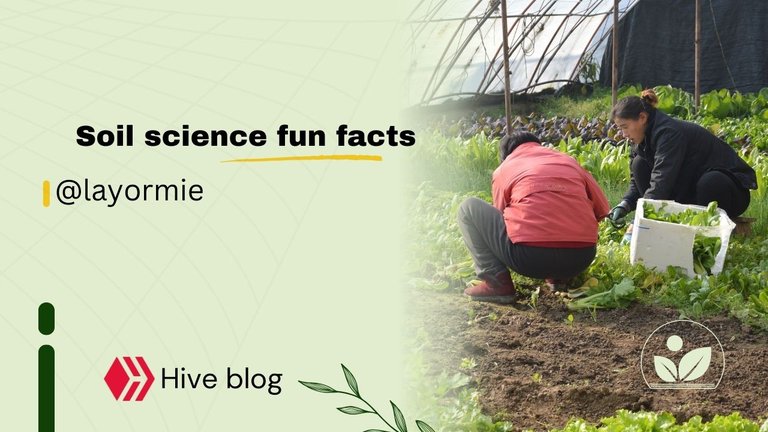
Roses are red, violets are blue, and soil is the heart that beats true !
As i said earlier in my first post, I promised to share somethings about my career here. Well, I'm excited for this post and I hope you enjoy it too. Let's go!
As a soil science student, I've come to realize that soil is more than just dirt beneath our feet. It's a living, breathing entity that sustains life on Earth. Yet, it's often overlooked and underappreciated.
Soil is like a best friend who's always there for you, but never demands attention. It quietly supports us, providing food, shelter, and oxygen. But when was the last time we stopped to thank God for our soil?
I remember my first soil science class like it was yesterday. I walked in thinking soil was just a bunch of dirt, but boy was I wrong! If I had known that it was what I would study the university, I would have put more interest and efforts into agriculture since secondary school. Anyways, I'm glad I'm at it now.
One thing I love about my course is that it has helped me discover many things I never thought I could know, and I now see things in a different light. An example is the Earthworm.
I call Earthworms Soil engineers. Interesting right?😅 Permit me to tell you a little about it.
When we think of engineers, we often picture humans in hard hats and boots, designing and building complex structures. However, there are other, often overlooked, engineers at work in our ecosystem. Earthworms, those slimy, squirmy creatures, are some of the most skilled soil engineers on the planet.
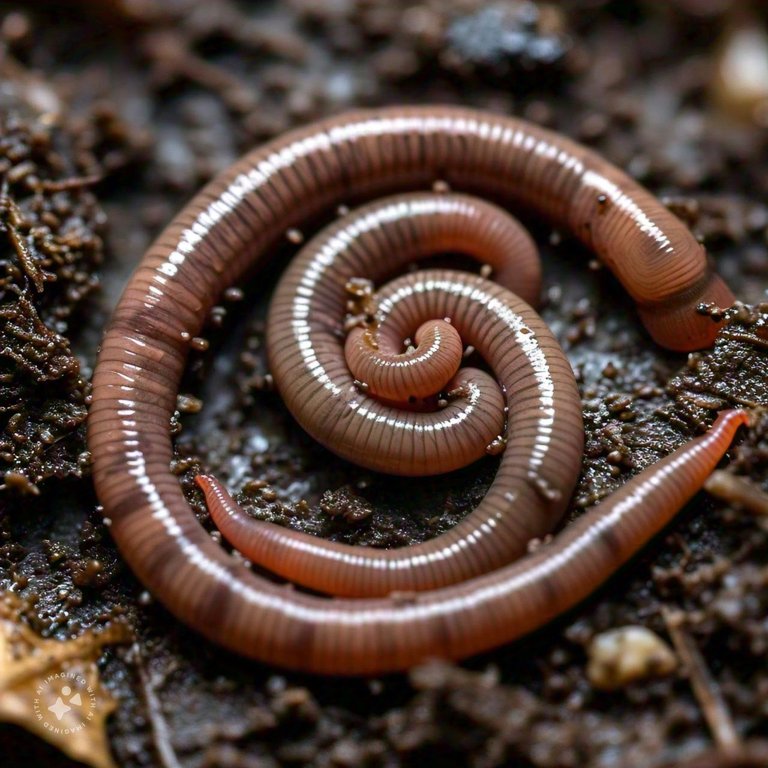
Earthworms have been tunneling underground for over 600 million years, long before humans ever picked up a shovel. These underground architects play a crucial role in shaping our soil, improving its structure, and increasing its fertility. Without earthworms, our soil would be dense, compacted, and lacking in essential nutrients
Don't get confused . When soil lacks nutrients it won't be able to grow crops well, right? That means there's possibility of famine and food is very important to us as humans. I hope you understand?
Ever since I learnt about my course, I've spent countless hours studying soil, and I'm still amazed by its complexity. From the tiniest microbe to the mightiest tree, soil is the unsung hero that makes life possible.
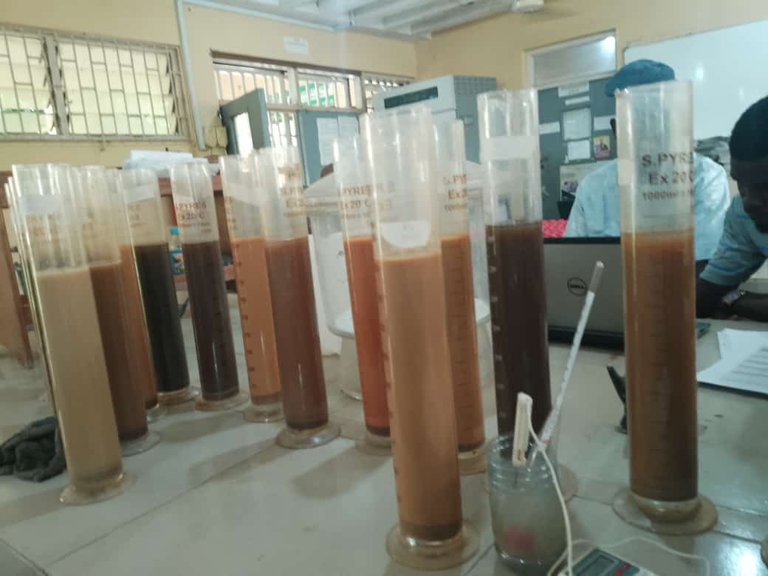
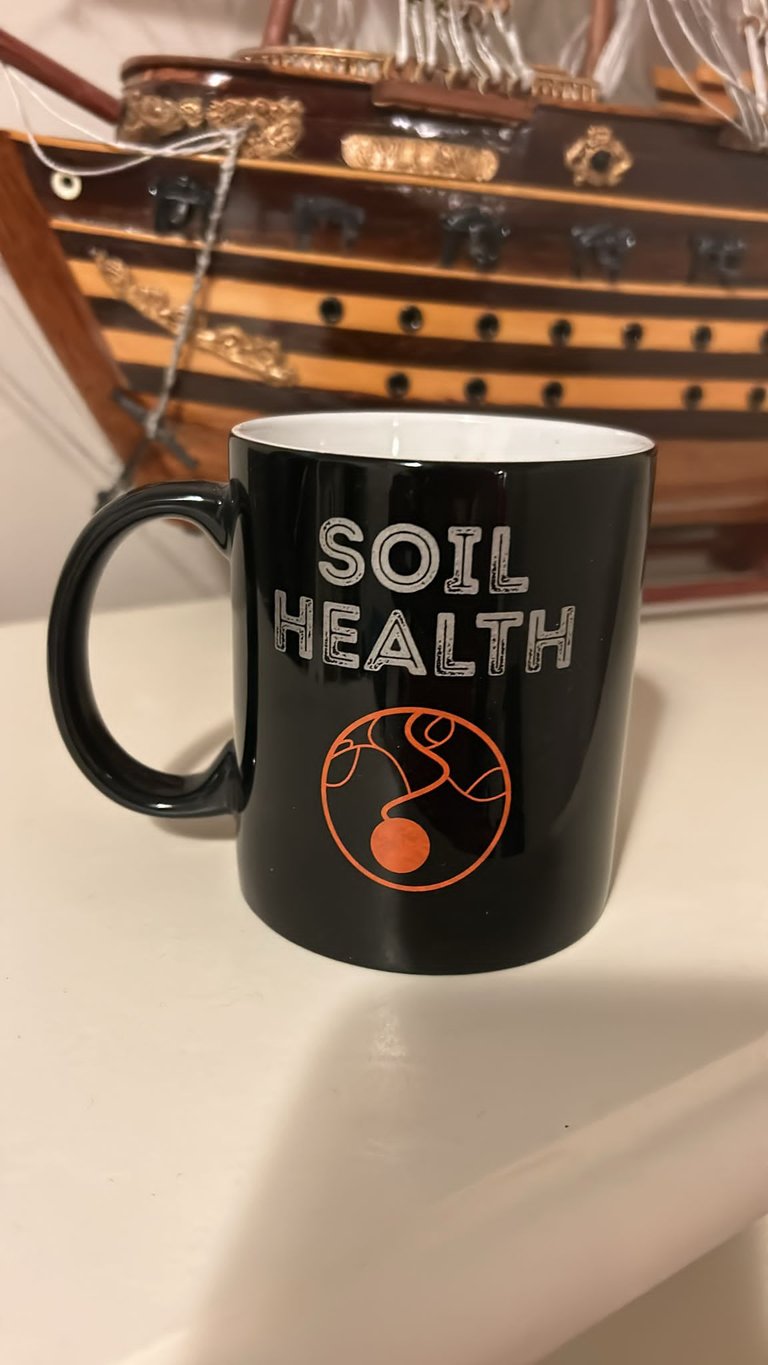
But soil is facing threats like never before. Erosion, pollution, and climate change are taking a toll on our soil's health. It's heartbreaking to see soil degradation happening before our eyes.
As a soil science student, I feel a sense of responsibility to spread the word about soil's importance. We need to start treating soil with the respect it deserves. We need to adopt sustainable practices, reduce waste, and protect our soil's biodiversity.
Let's get our hands dirty, learn about soil's wonders, and advocate for its conservation. ✌️
Soil is everywhere so even if you're not interested in soil science, appreciate it more because it is very important than what you can imagine.
There are many other things to reveal but we'll get to it with time
Thank you for reading ☺️💗
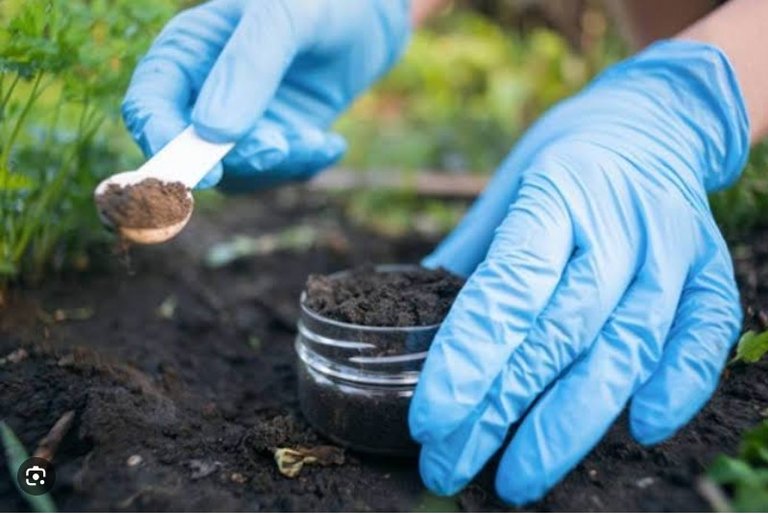
Sadly Earthworms can be soil destroyers.
There are many different creepy crawlies that enhance the soil.
I live in North America. The last ice age wiped out the earthwarm. Other species took their place. The native composters produced rich loam that many find more nutritious that the clay produced by earth worms.
Unfortunately, people introduced earth worms. The worms reduced the quality of the soil. They also wiped out a huge number of species that had evolved to thrive on loam.
Earthworms are interesting. One should prefer native composters to imported ones.
!WINE
You're right about this . But that does not change the fact that Earthworms are very important to the soil, as they aerate the soil well enough to ensure the movement of water and nutrients.
I don't know about imported composters, so I think native composters works best too as they are natural and will relate with the soil well.
Thank you for contributing
You're right about this . But it does not change the fact that Earthworms are very important to the soil, as they aerate the soil well enough to ensure the movement of water and nutrients.
I don't know about imported composters, so I think native composters works best too as they are natural and will relate with the soil well.
Thank you for contributing
Loam is light and fluffy. It is better aerated than earthworm soil. When earthworms get into loam they end up compacting the soil.
Thank you for your witness vote!
Have a !BEER on me!
To Opt-Out of my witness beer program just comment STOP below
View or trade
BEER.BEERHey @yintercept, here is a little bit of from @isnochys for you. Enjoy it!Learn how to earn FREE BEER each day by staking your
BEER.Congratulations @layormie! You have completed the following achievement on the Hive blockchain And have been rewarded with New badge(s)
Your next target is to reach 500 upvotes.
You can view your badges on your board and compare yourself to others in the Ranking
If you no longer want to receive notifications, reply to this comment with the word
STOPThanks for your contribution to the STEMsocial community. Feel free to join us on discord to get to know the rest of us!
Please consider delegating to the @stemsocial account (85% of the curation rewards are returned).
You may also include @stemsocial as a beneficiary of the rewards of this post to get a stronger support.
Thank you
This is very enlightening, many little things that we actually overlook makes life possible,
Good job on the awesome post
Yeah. Many fascinating things that are worth taking time to study.
Thank you
It is important for us to take care of our soil health, all the plants grow based in how our soil looks like ! Nice job!
That's true
Thanks for your contribution
If you don't spread the news about the need to conserve our soil, who will?
Awwwnnn☺️
Thank you ma'am